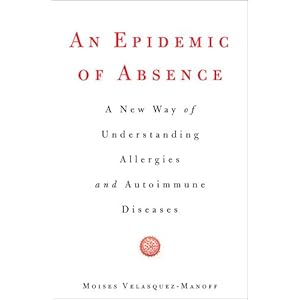I’m very excited to share a testimonial from my client who ended her lifelong migraines by doing the MRT food sensitivity testing together with LEAP dietary management protocols. She is a smart, successful, 29-year old attorney, but without the MRT test results it would have been almost impossible to deduce that one of her main sensitivities is the additive fructose, as in High Fructose Corn Syrup. Here’s her LEAP story:
I was diagnosed with migraines at the age of 13 and have been suffering with them for over 16 years. It has been a long a tumultuous journey in discovering the root cause of my migraines. I became fed up with the lack of answers from doctors who just wanted to prescribe medication to me rather than discover the cause of the migraines. My journey led me to eliminating many daily activities as well as food. I am a very active and healthy person by nature, but I began suffering from a migraine every other day. Work suffered, social activities suffered, everyday was an anxiety roller coaster riddled with worry of the next migraine. After continuous research, I discovered hypersensitivity testing and the options available to me to finally discover the root cause of my migraines. I found Elizabeth’s website during my research and contacted her immediately. She was extremely prompt and informative and was genuinely interested in helping me with discovering the root of my problems. Needless to say with her help and counseling I was able to discover the root cause and avoid the foods triggering the migraines all together. At the time of this writing I have been migraine free for over a month and my quality of life has drastically improved. Thank you Elizabeth! ~Abby H., New York
It is amazing how many chronic conditions can be helped by switching to a customized anti-inflammatory diet! If there’s inflammation where it shouldn’t be at the root of your distress, then an anti-inflammatory diet will help. Let’s just rattle off a few inflammatory-based issues that are helped by simply changing your diet: irritable bowel syndrome (IBS), fibromyalgia, chronic fatigue syndrome, Multiple Sclerosis (MS), eczema, rheumatoid arthritis, Crohn’s Disease, diabetes,… and on and on. So many of our modern health issues can be traced back to unwanted inflammation. I’ve even had success working with a Parkinson’s patient who, after changing his diet, was able to regain motor skills and memory.
Wanna see a few more stories of people who’ve used this scientific protocol to personalize their diets and are now feeling better?
- Psoriasis and food sensitivities
- Chronic constipation and food sensitivities
- Multiple sclerosis and food sensitivities
- IBS and food sensitivities
Contact me to schedule a free consultation to see if a customized anti-inflammatory diet would work for you.





